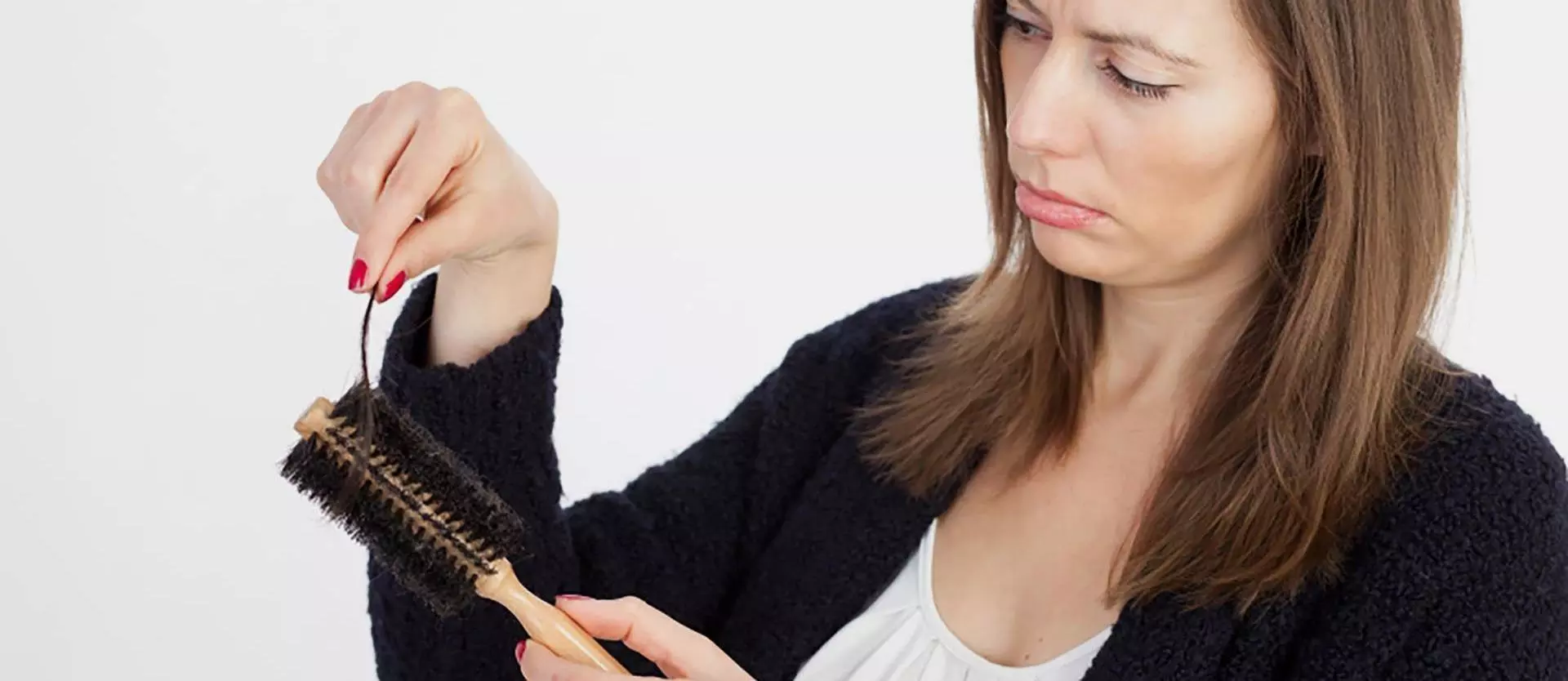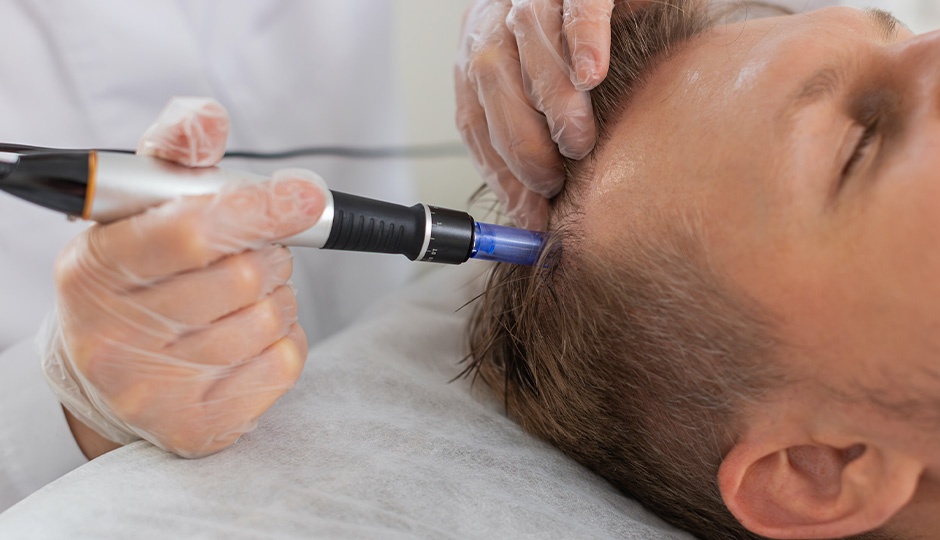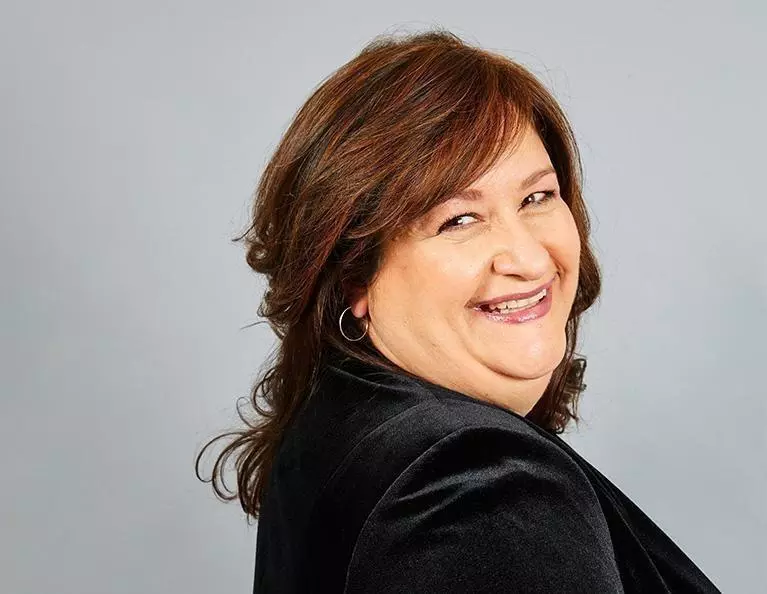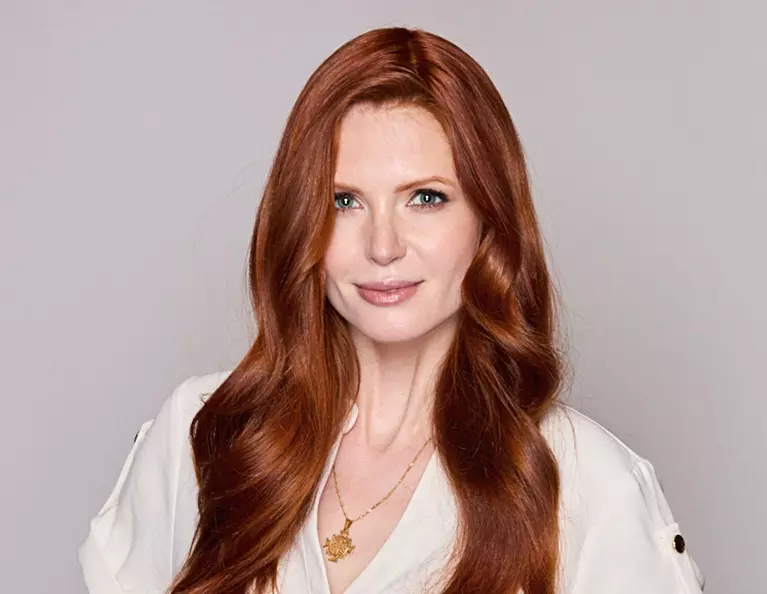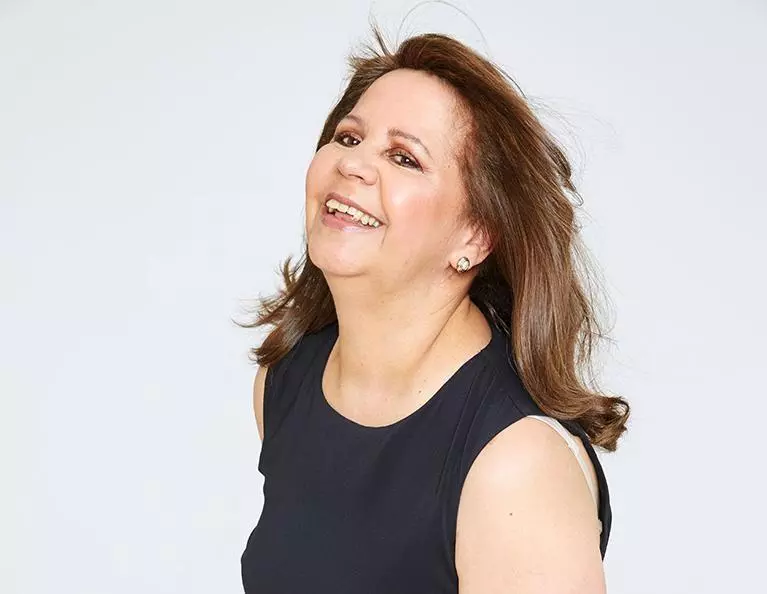You're worried. You've noticed a large amount of hair in the shower, more than what would seem normal. Although most people will lose up to 100 strands per day, often when washing or combing their hair, if you are losing more than this, it may be time to take some action to find out why. No matter if you are a male or female, hair loss isn't something you should ignore. In many cases, early treatments and solutions can work to minimize the risk of losing hair long-term or ending up with a significant loss. Here are some reasons why you may be losing your hair.
#1: Stress
A contributing factor to hair loss is stress. For those who are facing stress at an increased level, it can be even worse. However, because stress causes the release of hormones into the body, chronically stressed people are often most likely to struggle with hair loss than others.
#2: Hereditary factors
For women and men, the major cause of hair loss comes from the hardest to control: your family. If your family history indicates men's or women's androgenetic alopecia (male pattern baldness/female pattern baldness) or thinning hair, chances are good you'll have it as well. However, this doesn't mean there's no hope. In fact, if you start treating your thinning hair early, treatments such as low-level laser therapy and scalp treatments will help you preserve the hair you have and prevent further loss of hair.
#3: You have a Vitamin B deficiency
In some situations, your diet is to blame for your hair loss. If you have a low level of B vitamins in your diet, this could indicate hair loss. You'll find it naturally in fish and starchy vegetables as well as in non-citrus fruits, though you can also get it from a supplemental form. It's a good idea to talk to your doctor if you suspect you aren't getting enough Vitamin B.
#4: You have a medical condition or undergoing treatment
In some situations, hair loss occurs as a result of disease or treatment for disease. For example, men and women who have an autoimmune condition are more likely to have hair loss. The same is true for those with polycystic ovary syndrome. Those who are taking antidepressants, blood thinners, or receiving chemotherapy are also likely to have hair loss. Again, this relates to the hormones in your body that control hair growth. Diseases and treatments for many conditions can often cause hair loss because of their impact on hormones in your body. Other medical conditions include: diabetes, lupus, anemia, and hypothyroidism.
#5: Stress on your hair
You may not think much about it, but often, what you put your hair through can be the cause of hair loss. This includes trichotillomania—pulling hair out—as well as over-styling and treatments. In these situations, changing your lifestyle and patterns can help you to stop hair loss from occurring. It is also a good idea to understand the emotional components to those conditions.
#6: Your diet
Do you eat a well-balanced meal? Do you spend a lot of time eating very lean foods? Your hair needs nutrients to grow and develop. For example, if you are not getting enough protein in your diet, this can directly impact your hair's consistency. If you are not getting enough of a variety of vegetables, this, too, will impact your hair's quantity. It is a good idea to get healthy fats into your diet, too, which may include omega-3 fatty acids. All of these factors can play a role in why you are struggling with hair loss.
If you are facing hair loss that's unexplained or you are worried about why it could be happening, don't wait. Get in to see your doctor to discuss your specific needs and find out if there is an underlying medical condition to treat. Next, visit a hair loss professional to get the reassurance you need that you can prevent future hair loss and even boost your current hair growth.
